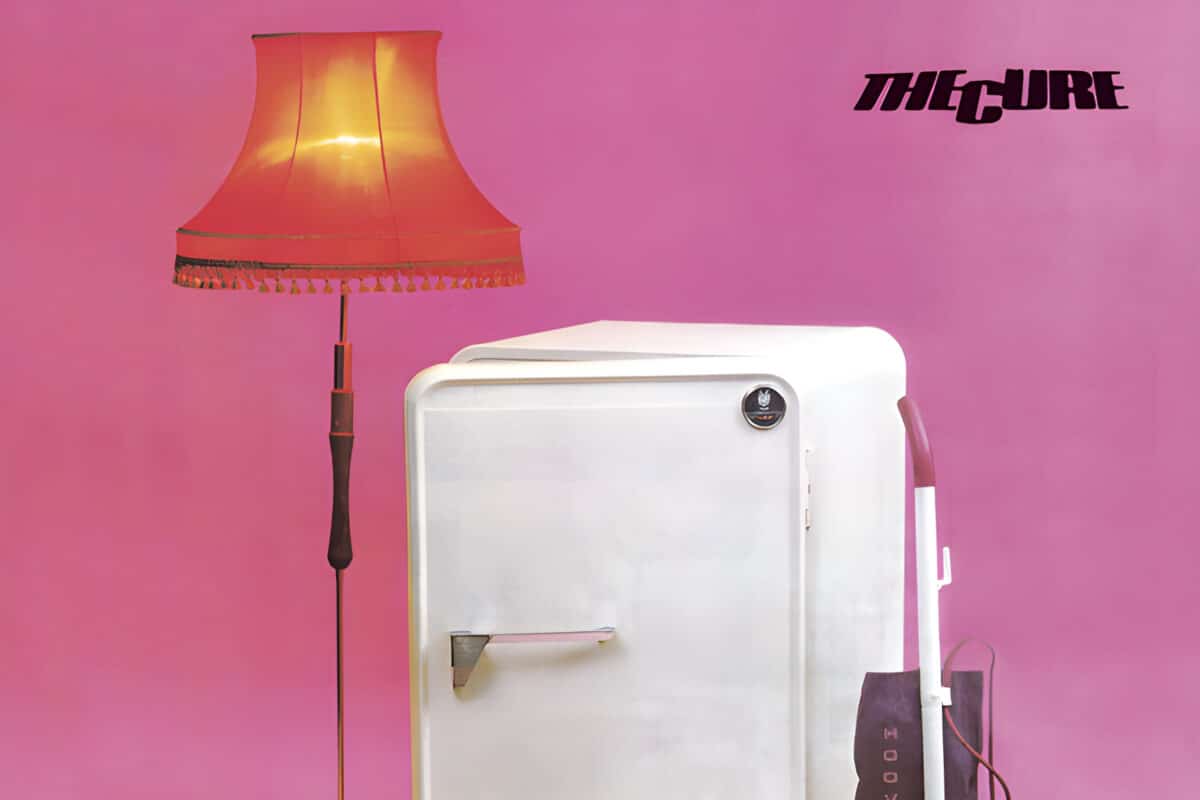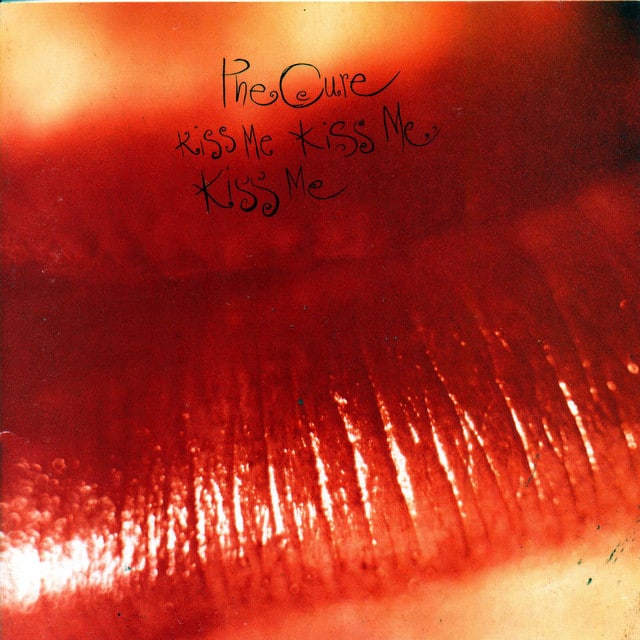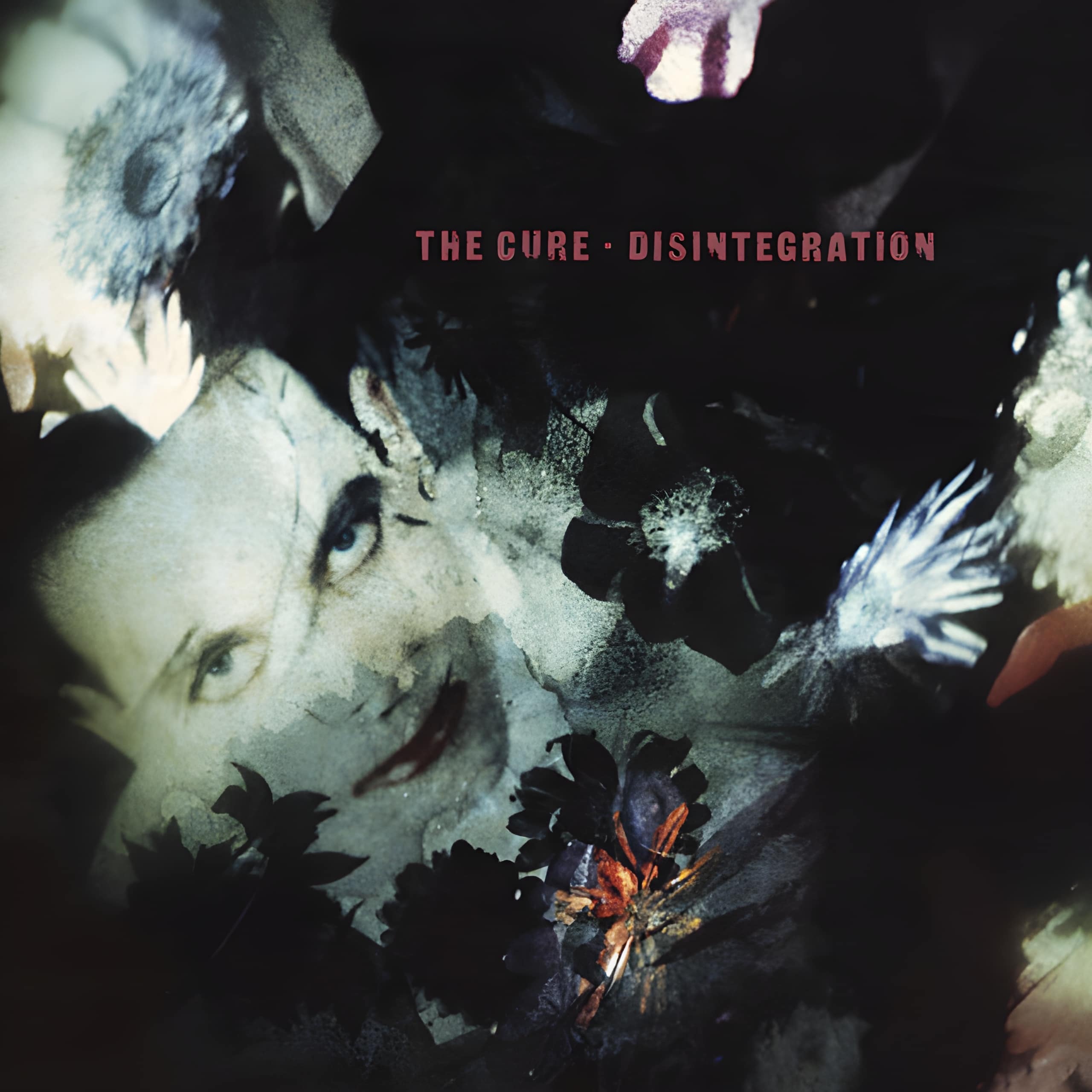Released: 1979
“Boys Don’t Cry” by The Cure is a raw, emotional snapshot of masculinity and vulnerability, wrapped in a post-punk package that’s both catchy and haunting. The song dives into the heartache and regret following a failed relationship, wrestling with unspoken words and societal expectations about how a man should handle his emotions.
The opening lines, “I would say I’m sorry / If I thought that it would change your mind”, instantly set the tone for the song: a mixture of apology and resignation. The narrator admits fault but feels hopeless, believing it’s too late to salvage the relationship. This admission is coated with a layer of self-awareness and regret, acknowledging that his actions or words have damaged what they once had.
Repeated throughout the song, the phrase “I try to laugh about it / Cover it all up with lies” reflects a common defense mechanism. This portrays the struggle of dealing with emotional pain under the guise of humor and denial. The act of laughing and lying about one’s true feelings is a poignant illustration of how men are often socially conditioned to hide their vulnerabilities, embodying the song’s title, “‘Cause boys don’t cry”.
In the verse “I would break down at your feet / And beg forgiveness, plead with you”, there’s a stark portrayal of desperation. It’s a moment of hypothetical humility, showing the depths of the narrator’s regret and the lengths he’d go to make amends, if only it would make a difference. However, the acknowledgment of it being “too late” conveys a sense of fatalism, deepening the emotional intensity of the song.
The song also touches on the bitter realization of taking someone for granted, with the lines “Misjudged your limits / Pushed you too far / I took you for granted / I thought that you needed me more”. This confession highlights a lack of empathy and understanding within the relationship, further illustrating the narrator’s role in its downfall.
The closing sentiment, “But I just keep on laughing / Hiding the tears in my eyes”, circles back to the theme of repressed emotions and societal expectations of masculinity. By ending with “‘Cause boys don’t cry”, the song makes a powerful commentary on the damaging impact of these norms, suggesting the narrator’s laughter is merely a mask for unshed tears, a hidden sorrow that societal rules forbid him to openly acknowledge.
In essence, “Boys Don’t Cry” by The Cure is not just a song about lost love and regret but an enduring critique of cultural attitudes towards male vulnerability. By weaving a tale of personal pain through the lens of societal expectations, the song challenges listeners to reflect on the ways in which we are all conditioned to handle our deepest hurts and emotions.






